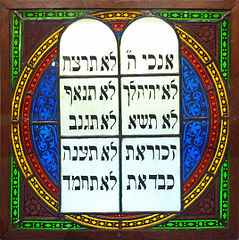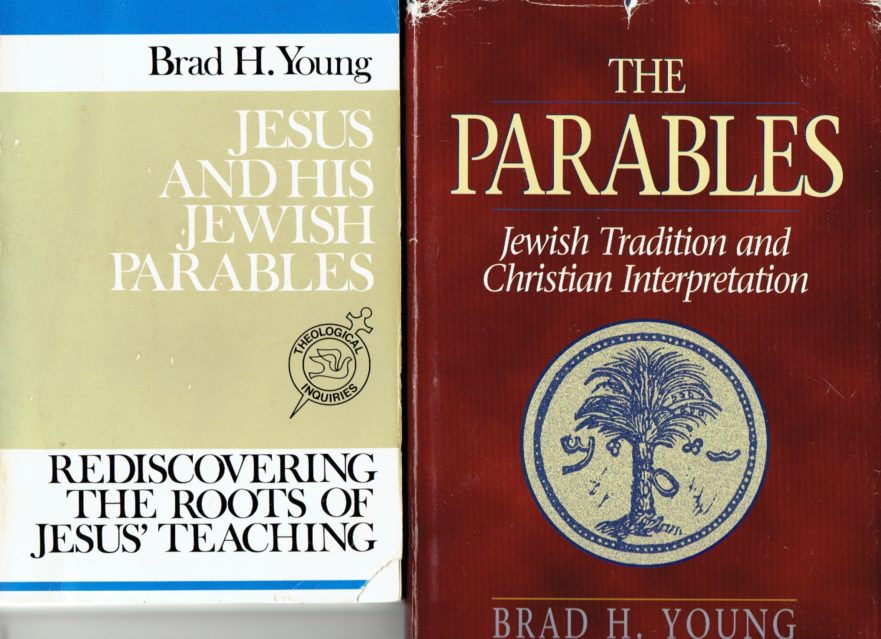How do we define Jesus within first-century Jewish society? To which of the various Jewish sects does he belong? Was he a Pharisee, an Essene? After years of painstaking research, Shmuel Safrai has identified a new stream within the Judaism of Jesus’ time: the Hasidic movement. This may be a major breakthrough in New Testament studies, as well, because the picture Safrai paints of the Hasidim is amazingly similar to what we know about Jesus. Jesus, who was quite close to the Hasidim and perhaps even involved with some of them, does not reflect Galilean boorishness or ignorance, but rather the dynamism and ongoing creativity of Jewish life in Galilee.
The Rich Young Ruler Story: Personal Application

God will probably test our commitment to him at its weakest, most vulnerable point or points, those areas in our lives that we have made more important than him.
“Jehovah”: A Christian Misunderstanding

In any attempt to understand the Bible, there is no substitute for a knowledge of ancient Jewish custom and practice. For example, the term “Jehovah,” which is found in many Christian translations of the Bible, originated due to Christian lack of awareness of Jewish custom.
The Decalogue and the New Testament

Professor Flusser examines references to the Decalogue in ancient Jewish sources and the New Testament. In light of this comparison, Jesus’ Sermon on the Mount does not merely present a utopian ideal, but rather an outline of practical behavior.
“Son of Man”: Jesus’ Most Important Title

There is a common thread uniting the views of those who think that Jesus signaled Daniel 7 by using the Aramaic bar enash in the middle of Hebrew speech. Anyone who holds this view must assume that Jesus spoke or taught in Hebrew much of the time. That Jesus used Hebrew a significant amount of the time is a sociolinguistic conclusion that has a growing number of supporters in New Testament scholarship, but one that is still a minority opinion.
The Kingdom of God: God’s Power Among Believers

One of the greatest theological controversies in the last century concerns the meaning of the terms “Kingdom of God” and “Kingdom of heaven.” Because scholars have not given adequate attention to the fact that these are completely Hebraic terms, confusion has arisen concerning the period of time to which the Kingdom refers, who takes part in it and the exact nature of the Kingdom. Examining relevant Gospel passages in their Hebraic context will clarify what Jesus meant when he spoke of the “Kingdom of God” or the “Kingdom of heaven.”
Understanding Parables

The rabbis taught, “Do not underestimate the value of parables, because by means of parables a person can master the words of Torah” (Song of Songs Rabbah 1:8).
Matthew 5:17: “Destroy” the Law

When a sage felt that a colleague had misinterpreted a passage of Scripture, he would say, “You are canceling (or, uprooting) the Torah!” In other words, “You are so misinterpreting Scripture that you are negating or canceling part of it.” Needless to say, in most cases, his colleague strongly disagreed. What was “canceling” the Torah for one teacher was “fulfilling” it for another.

